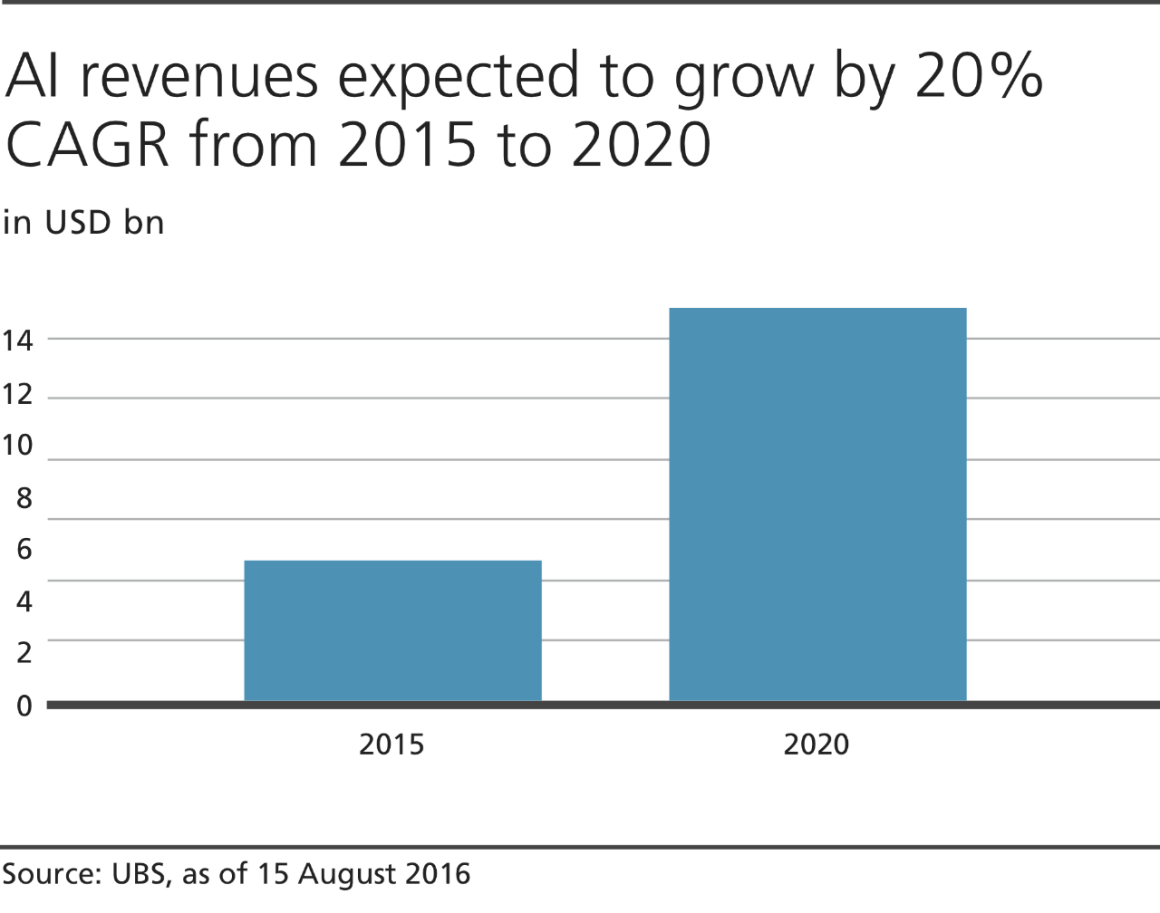Today, Artificial Intelligence is no longer the science-fiction it used to be, it is a reality that’s changing the world tremendously.
According to market.us, the Artificial Intelligence market is projected to grow exponentially over the next decade, and it is expected to grow around USD 2,967.42 billion by 2032 from USD 94.5 billion in 2021.
AI is penetrating almost every aspect of our lives and making our lives way more convenient and comfortable. Smart home technologies such as Amazon Echo, Google Home, and Apple’s HomePod are taking charge of the many tasks that were previously done manually. These intelligent AI technologies can understand voice commands and perform tasks like playing music, switching lights on/off, answering factual questions, and so much more.

AI holds a massive potential to transform businesses and society for the better. At this point, it’s essential to inform you that if you’re interested in a career in AI, you can train yourself better by making use of artificial intelligence courses.

According to Accenture, by 2035, AI can increase business productivity by almost 40%. IT companies will spearhead the growth in AI, and AI software will create numerous business opportunities that will eventually benefit society. However, one of the biggest fears is that AI will lead to a large-scale displacement of jobs. Although the concerns are natural, AI is still an infant stage. We do not need to worry about mass layoffs anytime in the near future because the bottom line is, AI is just another technological innovation – it is still tethered to human control.
How will artificial intelligence benefit businesses and societies?
Accenture maintains that AI can benefit both business and society in the following three ways:
1. AI will create the scope for ‘intelligent automation,’ that is, a new virtual workforce.
One of AI’s most intelligent features is its ability to ‘learn’ and understand things. It can ‘learn’ the behavior pattern of things and people surrounding it and adapt accordingly. For instance, Amelia, IPsoft’s AI platform behaves like a ‘conscientious employee’, ever ready to learn from her human counterparts. Suppose, Amelia is presented with a problem and she doesn’t know how to solve it. She will then turn to a human colleague and carefully observe and ‘learn’ how he/she is solving the problem.
Smart technologies such as Amelia can take over mundane tasks like sending and responding to emails, scheduling essential work reminders, and so on.
2. It will complement and improve the productivity of the existing workforce.
Contrary to popular thinking that AI will take over jobs, AI will actually ‘replace’ specific tasks of particular job positions and not eliminate the job as a whole. For instance, there already exists AI technologies that aid lawyers by scanning across a pool of obsolete court files and rulings of the past (within a matter of seconds), thus helping lawyers to take immediate decisions while also saving a lot of time and money.
Relay, an autonomous service industry robot developed by Savioke is a great example. It is a known fact that hotel staff has to dedicate a lot of time to making routine deliveries in the hotel. With Relay, they don’t have to anymore, for it’ll take care of the routine deliveries, freeing up the time of the hotel staff for other important tasks, such as customer satisfaction. AI tools enhance human abilities, thereby increasing overall productivity.
3. It will foster innovations in the economy.
AI is a crucial propellor of innovations in society. It is with the help of AI technologies that we are witnessing wonders such as virtual personal assistants (VPAs), self-driving cars, robotic surgery, and telemedicine, to name a few. While VPAs are helping humans to accomplish tasks with much greater efficiency than ever before, technologies such as driverless cars can help reduce traffic on the streets and also the incidence of road deaths.
Self-driving cars use a combination of GPS, radar, cameras, lasers, ML algorithms, and computer vision to make sense of their surroundings and move seamlessly on the road. Smart home technologies are already paving the way for a more connected and energy-efficient world.
AI and ML are also significantly impacting the healthcare industry. For instance, Google’s ML algorithm can help detect cancerous tumors in mammograms. ML algorithms can detect even the slightest hint of threat and potential dangers in patients’ health scans and allow physicians to diagnose and treat them better. Today, robot-assisted surgery is enabling surgeons across the world to perform surgeries with greater precision and accuracy.
The implications that AI holds for our future depend entirely on how we want to leverage a powerful tool like AI. Whether we want it to create opportunities that’ll benefit humankind or to build things that’ll harm the world, the control key still lies in our hands.
Leave a Reply